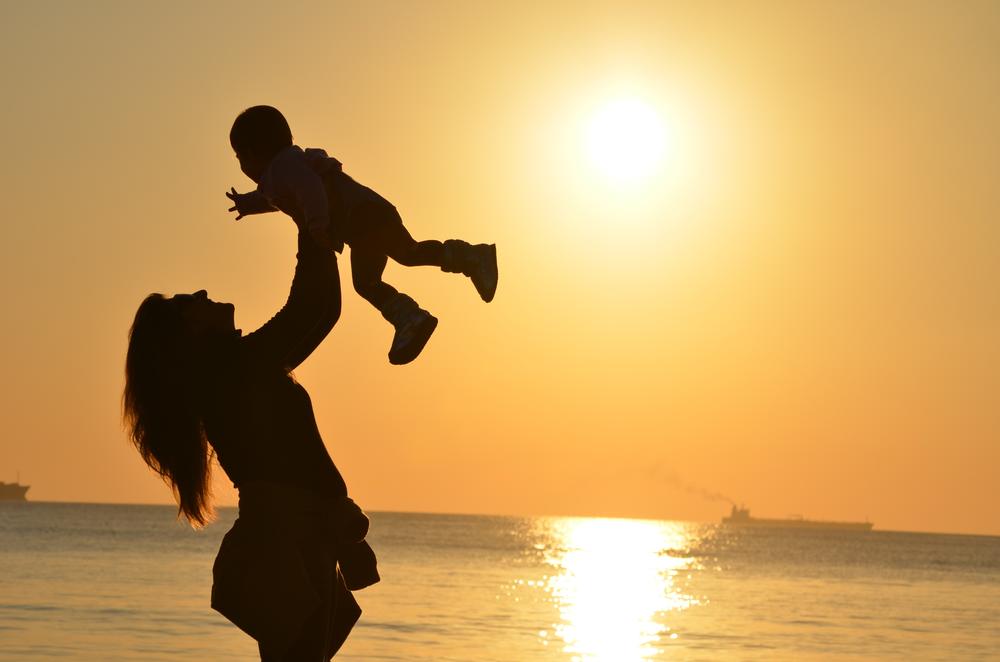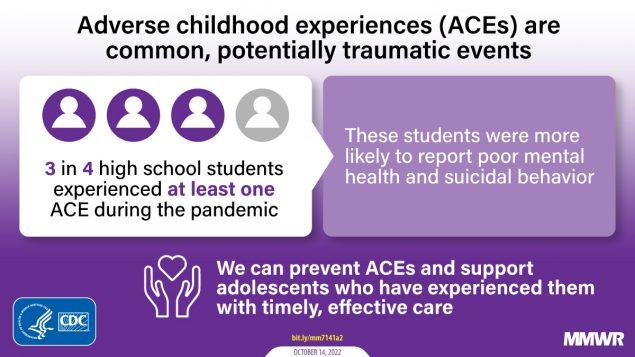
Caption
The Georgia Budget and Policy Institute is asking the state legislature to create funds for people impacted by long-term effects of COVID-19, including the nearly 12,000 children who lost a caregiver to the coronavirus.
Credit: Pexels


